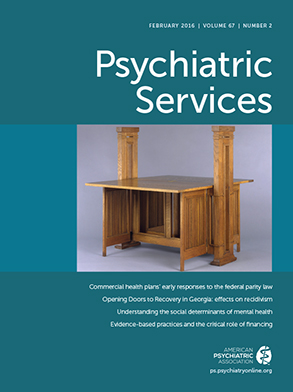Elizabeth Johnston and Leah Olson’s new book is, above all, ambitious. The authors, neuroscientists on faculty at Sarah Lawrence College, take on the task of describing research on the neural substrates and cognitive implications of emotions, from that of William James to that of Charles Darwin, Joseph LeDoux, and Antonio Damasio. This is no small feat, and it is admirable that the authors cover such breadth of material in fewer than 400 pages. The history of research in this interdisciplinary field, known as affective neuroscience, is nonlinear, multilayered, sometimes cyclical, and often in dialogue. There were famous arguments, such as one between William James and Walter Cannon about the definition of emotion, and different theories have risen and fallen (and risen again) across the years like a mood swing.
At first, one may wonder whether a single book is sufficient to address both the biology and psychology of emotions; Johnston and Olson quickly make clear that these two fields are inseparable, just as Plato’s passion versus intellect is a false dichotomy. They proceed to roam through emotions research on neural circuits, pain, decision making, and regulation, with an effort to keep the text both comprehensive and manageable.
As the book progresses from neuroanatomy to cognition, the authors gain speed. Their chapters on body and mind, emotions and memory, and neuroeconomics are particularly engaging, presenting the most recent scientific controversies in fair and neutral terms. They also discuss research on the neural substrates of anxiety, depression, and posttraumatic stress disorder. There is brief mention of the mechanisms underlying mindfulness-based stress reduction and an entire chapter about addiction and reward, an accessible section that also touches on appetite and obesity.
The authors have read widely and thoroughly, and they write in an organized and understandable fashion. The use of frequent section headings and a summary at the end of each chapter provide a framework to the dense text. Another thoughtful feature is the appendix at the end of several chapters with definitions and diagrams for technical language, such as the difference between episodic and procedural memory or the components of the limbic system.
However, this book is not targeted for a lay audience. The book’s jacket calls it a “tasting menu” of emotions research, but the authors go well beyond this claim, to the level of a generous buffet. It is not light reading: the book emerged from the authors’ graduate course of the same name, and it has a textbook or review quality appropriate for mental health practitioners and students with some neuroscience knowledge. The authors present multiple moderators and mediators, subtle interpretations, and contested results. This makes for an informative and nuanced discussion of the literature, but it also demands much from the reader. But those who stay the course will be richly rewarded; for anyone who has followed emotions research with interest but struggled to reconcile convoluted findings, this book synthesizes studies with great clarity and in a self-assured voice that respects the reader’s capacity to grasp complex concepts. The dedicated reader will emerge well informed.

